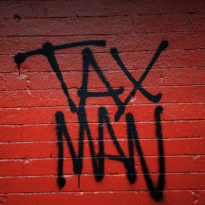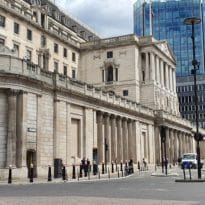The Government could slash inheritance tax and income tax thresholds in a bid to win over voters ahead of an election, says Sian Steele, head of tax at Evelyn Partners.
With an early spring Budget now set for 6 March and an election looking probable for later in 2024, official estimates are upgrading the effects of fiscal drag, which is pulling more people into paying tax and increasing liabilities for those already paying tax.
Steele said: “Whether or not it is a precursor to a May election, this promises to be an exciting event as the Chancellor has a last swing of the tax bat to try and inspire a jaded electorate in what could be a last bid to save the Conservative government. Hunt said after his Autumn Statement that he hoped to be able to “reduce the tax burden still further in the future”, and as soon as the Budget date was announced the rumour mill swung into action with predictions that inheritance tax or income tax will be cut.”
Recent analysis suggests that Jeremy Hunt could have extra funds to work with, with economists suggesting that falling gilt yields could boost the Chancellor’s fiscal headroom by more than £20 billion compared to the outlook at the Autumn Statement.
In 2022, Prime Minister Rishi Sunak promised to reduce the basic rate of income tax. However, Steele says a fairer approach would be to break the threshold freeze and raise the personal income tax allowance or the threshold for the higher rate band.
If the personal tax allowance had been raised in line with the consumer prices index it would have been set at around £15,150 last April and around £16,000 by next April, assuming inflation of 6%. Similarly, the higher rate tax threshold, which was set at £50,000 in April 2019, would have been raised to about £60,600 by this April and well over £64,000 by next April.
Steele said a move to reduce inheritance tax is now “thought likely” at the spring Budget, having failed to materialise at the Autumn Statement.
Speculation again is that the 40% will be halved, but Steele noted that families with more modest estates that are being drawn into the IHT net would probably rather see the nil-rate band raised. The £325,000 allowance has been frozen since April 2009 and would now stand at £489,700 had it risen with inflation.
Steele added: “The out-turn and forecasts for the public finances between now and March will be watched hawk-like by policymakers and media alike for signs that the Chancellor might have scope for a pre-election “giveaway”.
“But also much will depend on the course of inflation: if the headline rate continues to fall as fast as recent data has indicated, then Mr Hunt will have more leeway to cut taxes, as he has emphasised the need to avoid re-igniting inflation with a fiscal injection.”





























